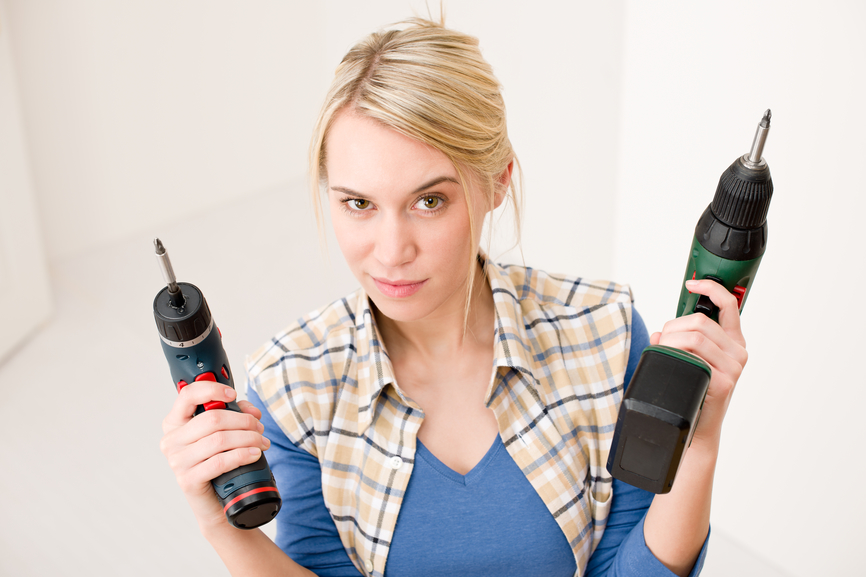Here is some Great Information about Buying a “Fixer Upper”. Compliments of Janine Barrett’s article in Home Care Buzz.
Buying a fixer upper isn’t for everyone, but if you have patience, vision, and a good real estate agent to guide you, it might be an option for you. The term “fixer upper” can mean different things to different people. Can you see past a saggy roof, peeling paint, and a rotten deck? Or is your idea of fixing up a house updating a kitchen or remodeling a bathroom? Maybe you want a house that only needs minor repairs or cosmetic updates, such as floors, paint, or landscaping.
Here are some things to think about when looking at potential fixer uppers.
1. How long will you be in the home?How long you’re going to live in your new home can help you determine how much you should invest in fixing it up. If you’re only going to live there a couple of years, you probably want to avoid moving walls or adding rooms. But if it’s your dream home, or a home you plan to be in for a while, then taking on more, and spending more, might make sense.
2. What are you willing to take on?
Having a roof replaced, updating an ugly kitchen, or redoing an outdated bathroom are fairly straightforward projects, but problems with the foundation or structure can get extremely expensive. You’ll also want to think twice before dealing with mold – it can be dangerous, as well as very difficult, sometimes impossible, to get rid of mold completely. Older homes can have their own hidden challenges too – especially when you start opening up walls. This can expose electrical or plumbing issues as well as rotting wood.renovate.
3. What can you do yourself?
Be realistic about your skills. Are you fairly handy and comfortable with home projects? Do you feel comfortable painting a room? Maybe you would rather hire someone to do everything. Knowing what you can and are willing to do is important.
4. How much do you have to spend?
Sticking to a budget can be one of the hardest things about renovating or remodeling, but being realistic about what you can afford can help you avoid a lot of stress and headache. For most houses, kitchens and bathrooms are where most of your remodeling dollars go. Before you decide to redo an entire room, take a look and see if there is anything you can save. Maybe the layout is good and the cabinets just need refacing or painting.
5. What is it going to cost?
A fixer upper can be very appealing if you can get it for a good price. But what looks like a good value at first glance could be a money pit if you don’t know what you’re really dealing with. Get realistic estimates from one or more contractors before you make an offer. And don’t forget the hidden costs that invariably crop up on all fixer uppers: add 10% to 20% to cover unforeseen costs.Most people underestimate the amount of work and what it will cost to remodel or renovate a house. Talk to someone who has done a remodel and you’re probably never going to hear “it was so fast!” or “it cost less than we thought.” The stress of a remodel is another “cost” you should probably factor in.
Still think you want to take on a fixer upper? Your real estate agent should be able to help you navigate some of the ins and outs of taking on a fixer upper. They’ll be able to help you determine what is a good value for your market, and what remodeling projects make sense for you, depending on how long you plan to stay in the house. Your agent should also be able to suggest reputable contractors.
Source: Buying a Fixer Upper


